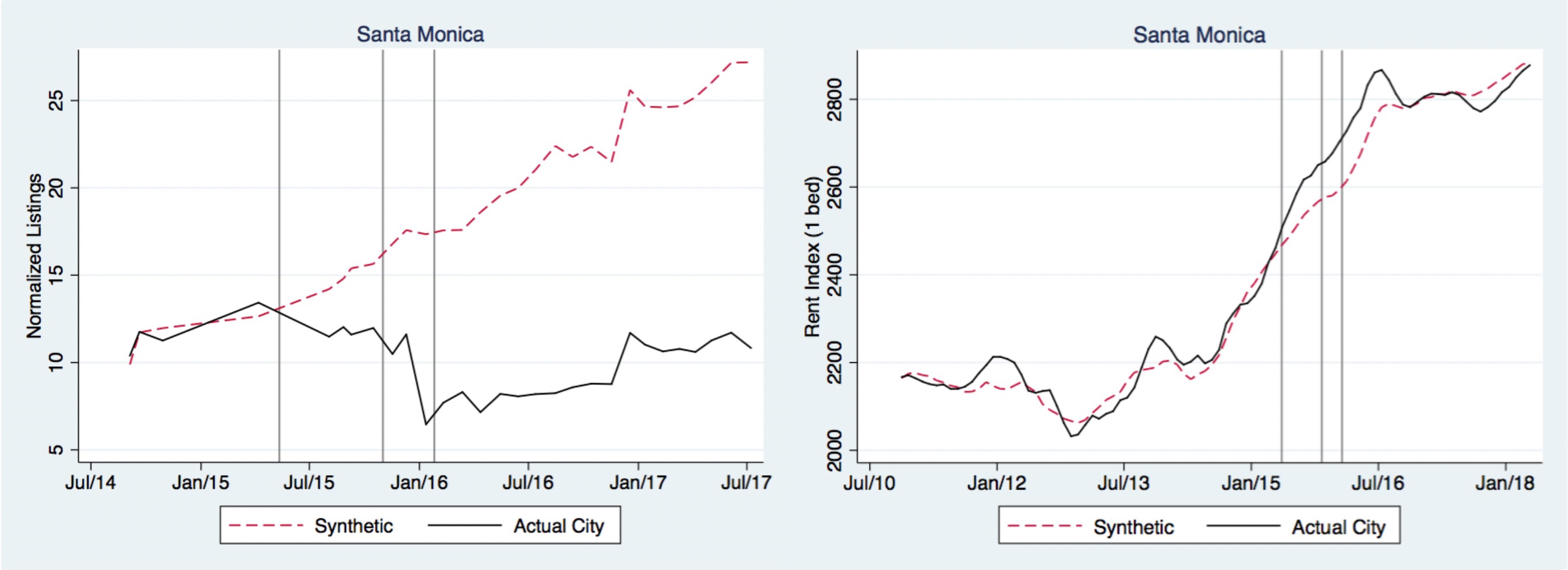This study estimates the impact of Airbnb on housing prices and residential mobility in Madrid from 2010 to 2018. Using a comprehensive dataset that includes Airbnb activity, housing prices, and residential moves at the neighborhood-year level, I employ a shift-share instrumental variable approach that leverages variation in neighborhoods’ attractiveness to tourists and Airbnb’s rapid growth. My findings indicate that, on average, an increase of 100 Airbnb listings in a neighborhood leads to a 2% rise in housing prices and a corresponding decrease in the number of new residents moving into the neighborhood. Furthermore, results from a causal mediation analysis using the same instrumental variable reveal that the negative effect of Airbnb on residential inflows is primarily driven by its impact on house prices. Consistent with this result, the reduction in residential inflows caused by Airbnb’s impact on house prices is predominantly driven by residents without a college degree. Together, these findings suggest that short-term rental platforms may trigger or intensify gentrification processes.
